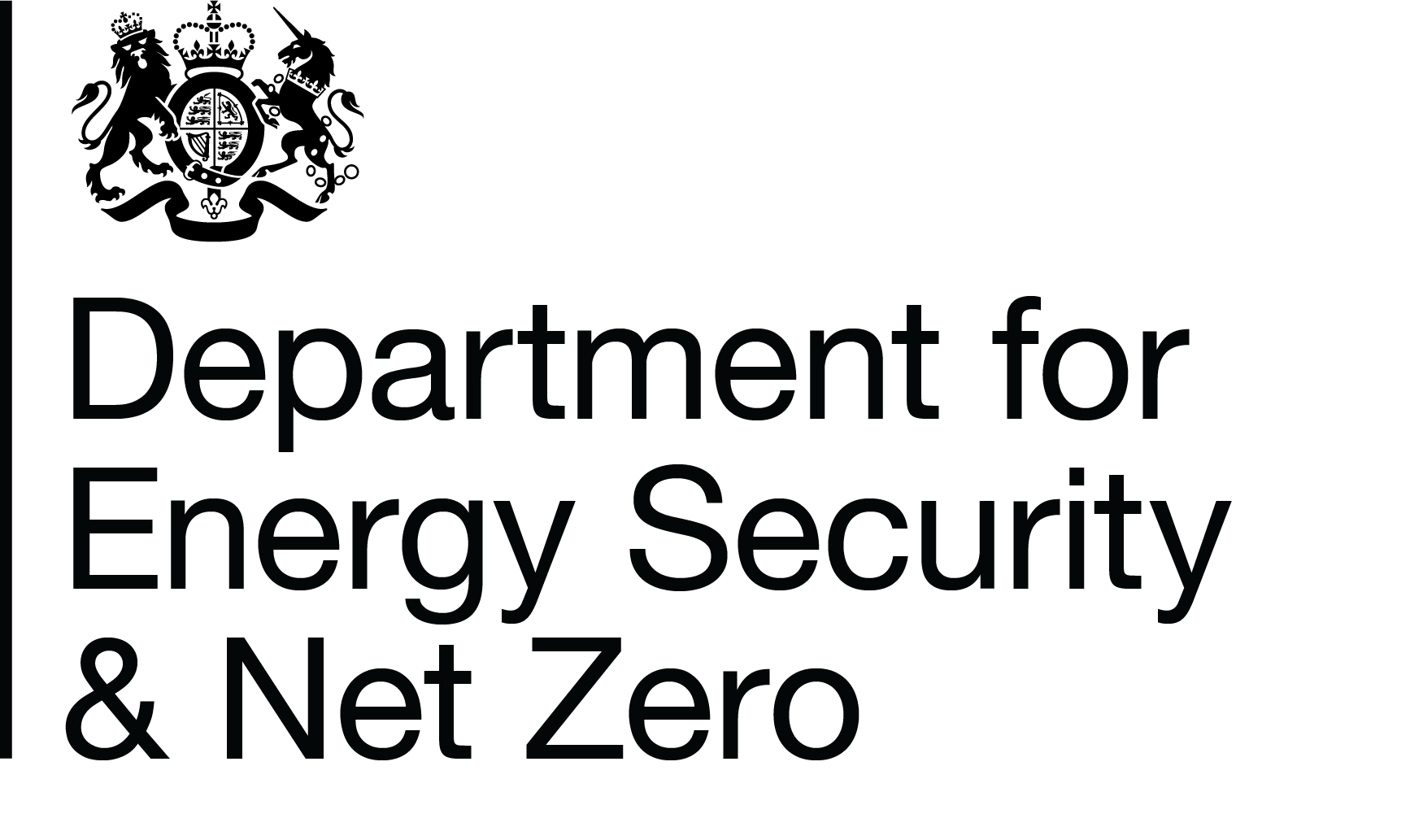Survey on the potential reforms of Prompt Payment Code
Overview
In June last year, following the Department for Business, Energy and Industrial Strategy’s (BEIS) publication of the Government Response to the Creating a Responsible Payment Culture Call for Evidence, it was announced that the Prompt Payment Code would be strengthened and reformed.
The first step was transferring the administration of the Code to the Office of the Small Business Commissioner. BEIS would now like to engage with current signatories and other interested stakeholders about what a strengthened Code might look like.
Throughout the Covid19 pandemic over 300 organisations have signed up to the Code. BEIS is keen to maintain this momentum and see a reformed Code as a key lever in improving payment practices across companies and organisations of all sizes.
Signatories of the Code currently undertake to:
Pay Suppliers on time:
- within the terms agreed at the outset of the contract;
- without attempting to change payment terms retrospectively;
- without changing practice on length of payment for smaller companies on unreasonable grounds.
Give clear guidance to suppliers:
- providing suppliers with clear and easily accessible guidance on payment procedures(see the 'Treating Suppliers Fairly' guide);
- ensuring there is a system for dealing with complaints and disputes which is communicated to suppliers;
- advising them promptly if there is any reason why an invoice will not be paid to the agreed terms.
Encourage Good Practice:
- by requesting that lead suppliers encourage adoption of the code throughout their own supply chains.
Whilst we believe these remain important principles, we also believe that reform could improve the Code. We have set out some of the potential reforms (and their rationale) being explored below. This discussion will inform the thinking of Minister Paul Scully, who is responsible for the policy on the Code, and the Small Business Commissioner Philip King, whose office is responsible for administering the Code.
We welcome your engagement and contribution to the debate on what the future Code might look like.
Audiences
- SMEs (small and medium businesses)
- Large businesses (over 250 staff)
Interests
- Economic growth
